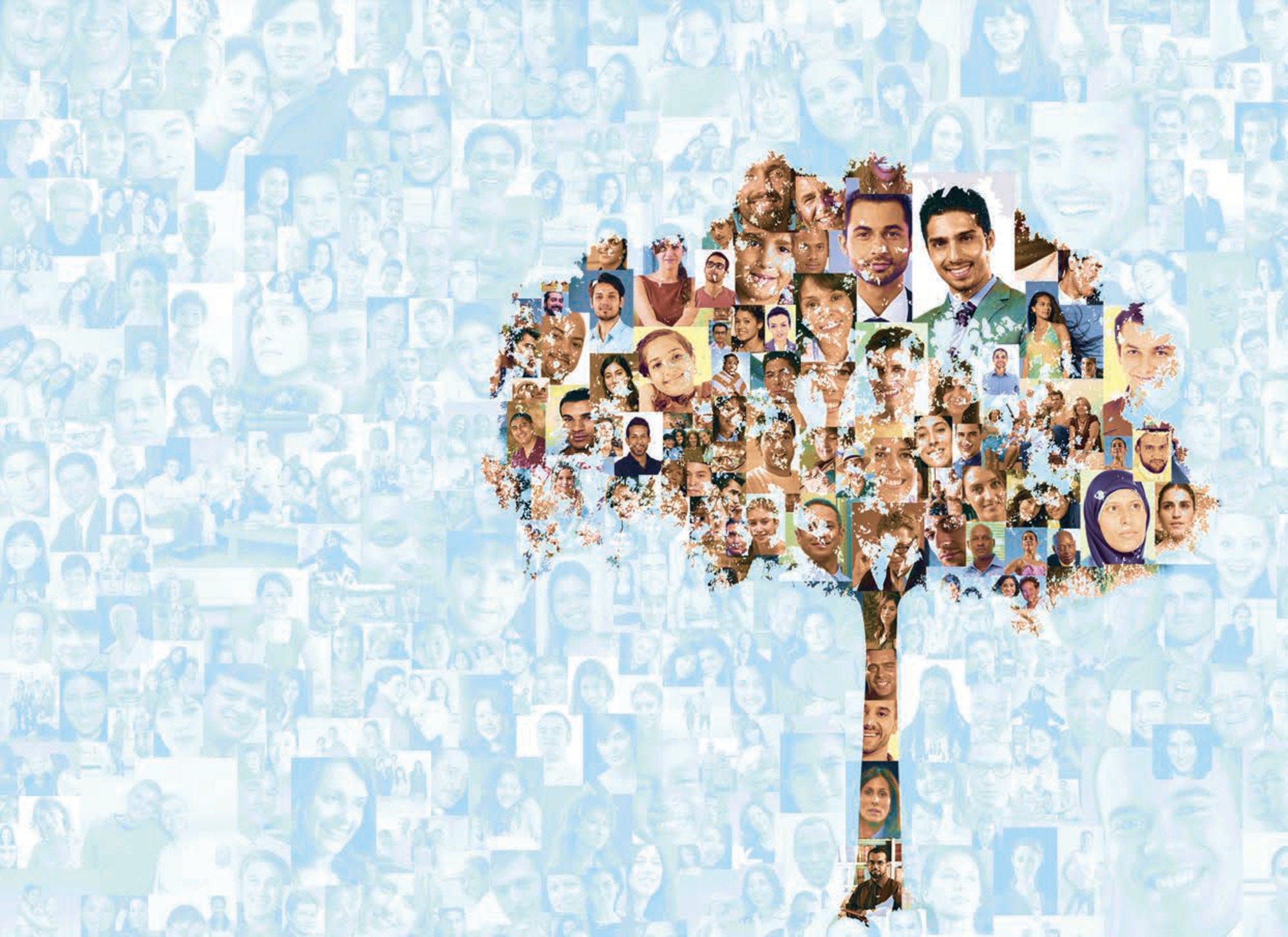The report was prepared by the OECD Public Governance Directorate (GOV), headed by Elsa Pilichowski. It was developed under the strategic direction of Martin Forst, Head of the Governance Reviews and Partnerships Division in GOV, and of Miriam Allam, Deputy Head of Division. The report and the work on youth empowerment and intergenerational justice is co-ordinated by Moritz Ader.
Mai Hosny (Chapter 1, 3 and 5), Moritz Ader (Chapter 2) and Pietro Gagliardi (Chapter 4) co-authored the report and were responsible for the data collection and analysis. Valuable feedback was received by Charlotte Denise-Adam and Amira Tlili (Governance Reviews and Partnerships Division), Michael Jelenic, Paulina Lopez Ramos and Claire Mc Evoy (Open and Innovative Government Division) and Meeta Tarani (Policy Coherence for Sustainable Development Goals Division). Support in the data-collection and validation process was provided by Rimaz Abu-Zeyad, Stephanie Attil, Lamia Benhoummane, Caroline Mina, and Aichetou Taffa. Ciara Muller with the support of Francesca Romani prepared the manuscript for publication and controlled the quality.
The authors express their gratitude towards the Ministry of Youth for completing the OECD Youth Governance Surveys, notably Minister of Youth, H.E. Mohammad Salameh Faris Nabulsi, and extend their gratitude to former Ministers Dr. Faris Abdel-Hafez Braizat, Dr. Mohammad Abu-Rumman, Makram Al Qaisi, Bashir Ali Al-Rawashdeh, Eng. Hadeetha Khreshah and Rami Al-Wreikat. They are grateful to Secretary-General Hussein Jbour, and former Secretary-General Thabet Al-Nabulsi and Satam Awad. They thank all employees that participated in the interviews and data collection process, notably Jabr Ereaqat, Dr. Salam Al Hassanat, Dr. Yassein Al Hulayel, Hasan Khawaj and Ayat Alodat.
They express their thanks to the Ministry of Planning and International Co-operation for representing Jordan in the MENA Transition Fund of the G7 Deauville Partnership, in particular Nizar Awad, Sameer Al-Attar, Marwan Al-Refai, Zeina Toukan and Nasser Al-Zou’bi. They also thank the Governors of Aqaba and Mafraq and Youth Directors and representatives from the youth centres in Greater Amman Municipality, Karak, Aqaba, Tafileh, Irbid and Mafraq for their inputs during the fact-finding missions and focus group discussions.
The report benefitted from comments of the members of the Steering Committee on previous draft documents in May 2017, July 2018 and March 2020 respectively. The authors are grateful to the Ministry of Education (Dr. Hisham Qawasmeh), Health (Ibrahim Kana'n, Dr. Riham Jabour Majali), Higher Education, Interior (Mr. Muhammad Al-Awamreh), Labour (Ahmed Al-Kharabsheh), Municipality Affairs (Rowaida Habahba, Rakez Al-Kalaelah), Political and Parliamentary Affairs (Qussi Al Zoubi, Dr. Ali Al-Kawaldah), Public Sector Development (Fayez Alnahar), and Social Development (Dr. Loay Al-Assaf). They are also thankful to All Jordan Youth Commission, Crown Prince Foundation, Department of Statistics (Ikhlas S. Aranki), El Hassan Youth Award (Samer Al Keldani), Higher Population Council, Jordanian Hashemite Fund for Human Development, Jordanian National Commission for Women, Jordan River Foundation, King Abdullah II Funding Foundation for Development, King Hussein Foundation's Information and Research Center, National Council for Family Affairs (Khitam Al-Utaibi), Queen Rania Center for Entrepreneurship, and Wafa Bani Mustafa (MP). They thank Al Hayat Center (Dr. Amer Bani Amer, Osama Muhsen, Mohammad Al-Tamimi), Leaders of Tomorrow (Sami Hourani), Ruwwad for Development (Moath Al-Akaylah), Partners Jordan (Rasha Abdel Latif, Sana Yassin) and Dr. Mustafa Heilat.
They wish to warmly thank all OECD peers that participated in the fact-finding missions and focus group discussions notably the European Youth Forum (Tina Hočevar), Slovenia (Dr. Peter Debeljak), Germany (Tim Schrock), Sweden (Sanna Hansson), Tunisia (Maha Trabelsi) and United Kingdom (Shah Mahmud). They are also grateful to the participants of Jordan in the MENA-OECD Regional Youth Conference in 2017 and 2018 (Arwa Aljarhie, Arafat Awad Mahmoud, Mohammad Habarneh, Rasha Al Katheeb, Hussein Al-Sarayreh, Ragheb Shraim, Ali Sider, Hamza Al Tarawneh, Sanah Yassin).
They would like to thank all G7 countries for the financial support provided through the MENA Transition Fund of the G7 Deauville Partnership, notably Canada (Amal El-Atifi, Christopher Johnston), France (Ambassador David Bertolotti, Sophie Bel), Germany (Dr. Mark Erbel, Dr. Bernd Kuzmits, Jaime Sperberg), Italy (Ambassador Fabio Cassese, Ambassador Giovanni Brauzzi, Valeria Romare, Dr. Marco Salaris), Japan (Katsuhiko Araike), United Kingdom (Ambassador Edward Oakden, Tonaina Ngororano, Caroline Morris, Dima Obeidat) and United States (John Hishmeh). They are also thankful to the Danish Arab Partnership Programme (Anne Kahl), the Delegation of the European Union to Jordan (Jacob Arts, Barbara Engelstoft, Michael Steffens), Netherlands (Rawan Da’as, Nawal Qutub), Spain (Vicente Ortega, Mercedes Cornejo Bareas), Sweden (Izabella Eriksson) and Switzerland (Ambassador Lukas Gasser, Alexandra Häfliger, Manuela Sells-Rohrbach).
Finally, they wish to thank the European Center for Electoral Support (Mario Orru), National Democratic Institute, Netherlands Institute for Multiparty Democracy (Rami Adwan), Norwegian Refugee Council (Emmar Bonar), UNDP (Majida Al-Assaf, Mais Abdallat, Diana Jreisat), UNESCO (Dania Dirani), UNFPA (Bothaina Qamar, Leana Islam), UNICEF Regional Office (Besan Abdelqader, Veera Mendonca, Giorgia Varisco), UNICEF Jordan Office (Dina Al Jamal), USAID (Courtney Babcock, Omar Al Daoudieh) and World Bank (Tobias Lechtenfeld, Sherien Skrikorian).
